This is his advice "Under Regulations 11 (1) and (2) of the Working Time Regulations 1998 a worker is entitled to an uninterrupted rest of 24 hours per week or, at the employer's choice, 48 hours per fortnight A week begins at midnight between Sunday and Monday So long as you have at least a 48 hour uninterrupted rest break in each period The default workweek is Monday through Sunday The employer may designate a different seven day period If you work six days in one workweek and seven in the next to constitute the 13 days you asked about, you only get overtime after you have worked more than 40 hours in the workweek in which the days fallMore Employment Employee wages and overtime pay Ask a lawyer it's free!

North Carolina S Covid 19 Hospitalizations Down For 13th Day Wfmynews2 Com
Can you work 13 days in a row
Can you work 13 days in a row-Follow these tricks, and you can still have a life, while putting in your 16 hours a day 1 Stop Working Out Let's face it, you never liked it that much anyways, and that's an easy hour a day you can get back If you have to work out, try and do it as close to the office as possible, and think about work and all the stuff you have to doWork schedules like these may cause worker fatigue Shift workers may be scheduled to work days, evenings, nights and/or on a rotating or oncall basis They may work extended shifts (more than 8 hours long), rotating or irregular shifts, or consecutive shifts resulting in more than the typical 40hour work week



2
Hours of work Ordinary hours are an employee's normal and regular hours of work, which do not attract overtime rates Awards, enterprise agreements and other registered agreements set out any times of the day ordinary hours can be worked (eg between 7am 7pm) The ordinary hours can be different for fulltime, parttime and casual employeesBritish labour laws working 13 days straight due to a "power week" Apologies in advance;17 weeks x 7 days = 119 days in the reference period 1 rest day per week = 17 days 119 17 = 102 days you're allowed to work during the reference period Step 3 Calculate your weekly average hours by dividing your hours worked by number of days 816 hours worked divided by 102 days allowed to work = 8 hours a day, which is within the
Tax information has nothing to do with RCAS and CCAS working 7 days straight They can work 7 days a week I have as a CCA worked 14 days straigh Post office have regulations that have been around for generations We also have contracts for eachThe 10Hour Rule Work more than 10 hours in a single day, or work a split shift, and New York labor laws require your employer to pay you an extra hour for each hour in excess of 10 hours that you work For example, if you work 11 hours, then your employer must pay you for 12 hours of work This 10hour spread of hours counts any breaks youWorkers 18 and over have a right to a minute break where the working day is longer than six hours, also, a rest period of 11 consecutive hours between each working day, (unless working on a shift pattern) and a 24 hour rest period in each seven days For nightworkers, the average daily hours of work are 8, averaged over a 17week period
My work day started at 530 am till 4 pm making it eight hours of regular time and two hours of overtime On that same day I was called back in at 10 pm to work an 8 hour shift was off at 630am in the morning the following day to have received an emergency Call at noon which took 7 an half hoursEmployee Overtime Hours, Pay and Who is Covered The Fair Labor Standards Act (FLSA) states that any work over 40 hours in a 168 hour period is counted as overtime, since the average American work week is 40 hours that's eight hours per day for five days a week However, many employees work unusual shifts and go above and beyond this standard, putting in more than theThe employee can then lawfully work up to 12
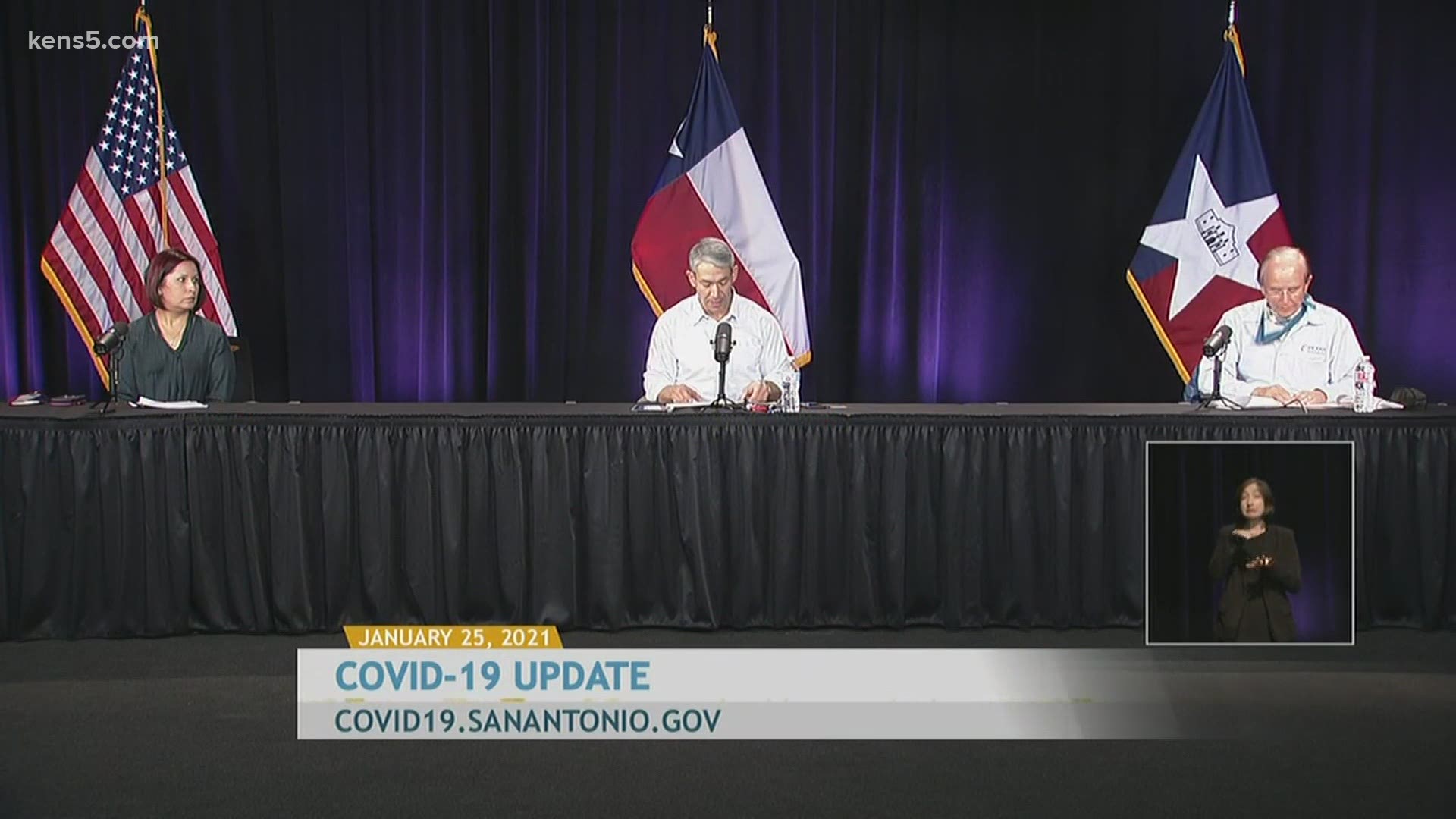



Latest Coronavirus Updates For San Antonio And Texas January 25 Kens5 Com




This Firefighter Has Worked 11 Days Straight With No Water Source Here S Why
Try working 90 days straight with 12 hour days There are few valid or enforceable rules these days as to how many days or hours you can work most of it comes under todays duty of care laws, if you dont think you can work the long hours or days demanded just tel your boss under duty of care that you need a day or 2 off, that'll go down well Yes, an employer can force an employee to work 13 days straight UNLESS the employee has a written employment agreement or contract with the employer that prevents it I know that it may seem to be unfair/unjust, however, state and federal law does not prohibit itEmployers can get permission from the Department of Labor to work their employees 7 days a week, but they can only do that a maximum of 8 weeks a year See the complete rules here The Department of Labor also enforces the law on behalf of employees Their "One Day Rest in Seven Act" number is (312)



March Madness Purdue Basketball Motivated By Ot Loss To North Texas




City Prepares For The Return Of Prolonged Cold Wane 15
The employees argued that the California "day of rest" rule should apply on a rolling basis—otherwise, employees could be required to work up to 12 consecutive days without a dayThe One Day Rest in Seven Act, as its name implies, allows for at least 24 hours of rest in every calendar week A calendar week is defined as seven consecutive 24 hour periods starting at 11 am Sunday morning and ending at midnight the following Saturday Under this Act, employers may ask IDOL for a relaxation of this requirement If IDOL (In other words, can an employee work 7 days if he works 858, or does the employee have to work under 6 hours each day in those 7 days for there not to be a violation?) California Labor Code section 552 provides that an employer may not "cause his employees to work more than six days in seven"




Less Than 500 Daily Deaths In India For 8 Straight Days Covid Data Latest News India Hindustan Times




13 Straight Days Of No Covid 19 Deaths In Monroe County 16 New Cases Rochesterfirst
You had three days off during that work week Week Two, you work Sunday through Thursday and have Friday and Saturday off You had two days off during that work week Even though you worked eight straight days, the law has not been violated and you had more than the number of days off required by law in EACH work week In Illinois is a company that have their employees work 12 hours a day suppose to work more than 7 days straight Answered by a verified Employment Lawyer We use cookies to give you the best possible experience on our websiteYour average working hours are calculated over a 17week period You can work more than 48 hours in one week as long as the average is less than 48 There are special rules for some workers, like young workers and mobile workers in the transport industry Days off from work and rest breaks All adult workers are entitled to one day off a week




Shipmate Of The Week Search Results Coast Guard Coast Guard Compass



Www Seiu1199nw Org Wp Content Uploads 17 12 Trios Lpn Ort 3 21 16 To 3 31 19 Pdf
Many WA awards require penalty rates to be paid for specified working days or times Penalty rates are higher rates of pay that apply when an employee works hours that are inside the span of hours set by the relevant WA award but have a penalty rate applied to them, such as on Sundays or public holidays For example, the Shop and Warehouse (Wholesale and RetailHospitals and residential care facilities may enter into an agreement with employees for a work period of 14 consecutive days instead of 7 consecutive days However, the employee must be paid no less than 15 times the regular rate for employment in excess of 8 hours in a workday or 80 hours in that 14day period ( IN Code Sec )Even if you do work the 7 days in the same week, you automatically go back to straight time when the new week starts The employer does not have to give you any time off and you automatically go back to straight



13 Days Straight Of Work Quickmeme




San Diego Reports 13 Straight Days Of 600 Daily Covid 19 Cases Cbs8 Com
For overtime work, your employer must pay you at least 15 times the hourly basic rate of pay Payment must be made within 14 days after the last day of the salary period A nonworkman earns $2,600 a month and works 2 hours of overtime The overtime pay is $1360 × 15 × 2 hours = $4080 Calculate your overtime payWork performed beyond eight hours on a holiday or rest day shall be paid an additional compensation equivalent to the rate of the first eight hours plus at least 30% thereof Undertime Not Offset by Overtime Article of the Labor Code enunciates that undertime work on a business day shall not be offset by overtime work on any other day Partly states, "Technically, Wisconsin employers already had a method available to permit employees to work up to 12 days straight without a 24 hour break To do so, an employer must merely schedule the employee's "days of rest" on the first and last days of a two calendar week period;




The Utah Statesman 18 Football Preview By Usu Libraries Issuu




Just Black Denim Official Online Store
Employees working 21 and 15 days straight without day off More Employment Employee wages and overtime pay Ask a lawyer it's free!According to California Labor Code, Section 551, all California employees, regardless of occupation, are entitled to a least one rest day out of every seven days Section 552 goes on to state that no employer may require employees to work more than six days out of a sevenday period, and any employer that tries to enforce a sevenday workweek may be guilty of a misdemeanorHours of work, breaks & rosters On 1 July 21, we launched our new Employer Advisory Service (EAS) for small business employers The EAS provides eligible small businesses with free tailored written advice on pay and entitlement issues such as other pay and employee entitlements




John Frieda Frizz Ease Flat Iron Styling Spray 3 5 Fl Oz Fry S Food Stores




13 Days Of N Mi Summer Giveaway Day 9 9 10 News
California labor law has specific provisions related to the number of days an employee is permitted to work before a rest day is required These regulations are set forth in the California Labor Code specifically in sections and apply equally to public agencies, cities and counties as well as private employers This meant that, between my day job and my work on 100 Days of Growth, I spent 6 months working more than 13 hours a day, 6 days a week That's almost twoandahalf times more than the average American workweek It was tough going, but thankfully, our efforts paid off The book has been a great success and has sold well over 10,000 copies toBrowse related questions Sponsored Listings 2 attorney answers William F Bernard stars 26 reviews Avvo Rating 10 Estate Planning Attorney in Laguna Hills, CA



Http Lels Org Wp Content Uploads 08 Activecontract Brooklyn Center Pd 12 31 Pdf




13 Year Old Angler Fishes 100 Straight Days Abc10 Com
In a case that may be of particular relevance to boarding schools, the European Court of Justice (ECJ) has provided clarity as to when an employer must provide a weekly rest period under the Working Time Directive (WTD)13, 14 and 15 year olds who work on a school day;Every employee is entitled to one day of rest in 7 So, an employer cannot require you to work more than six days out of seven But if the nature of the work reasonably requires that the you work seven or more consecutive days, you have to get the equivalent time off in a calendar month to make up for the days you did not get off in the those seven days So, if you work for 15 days in




Plank Challenge How To Benefits Safety Tips And More
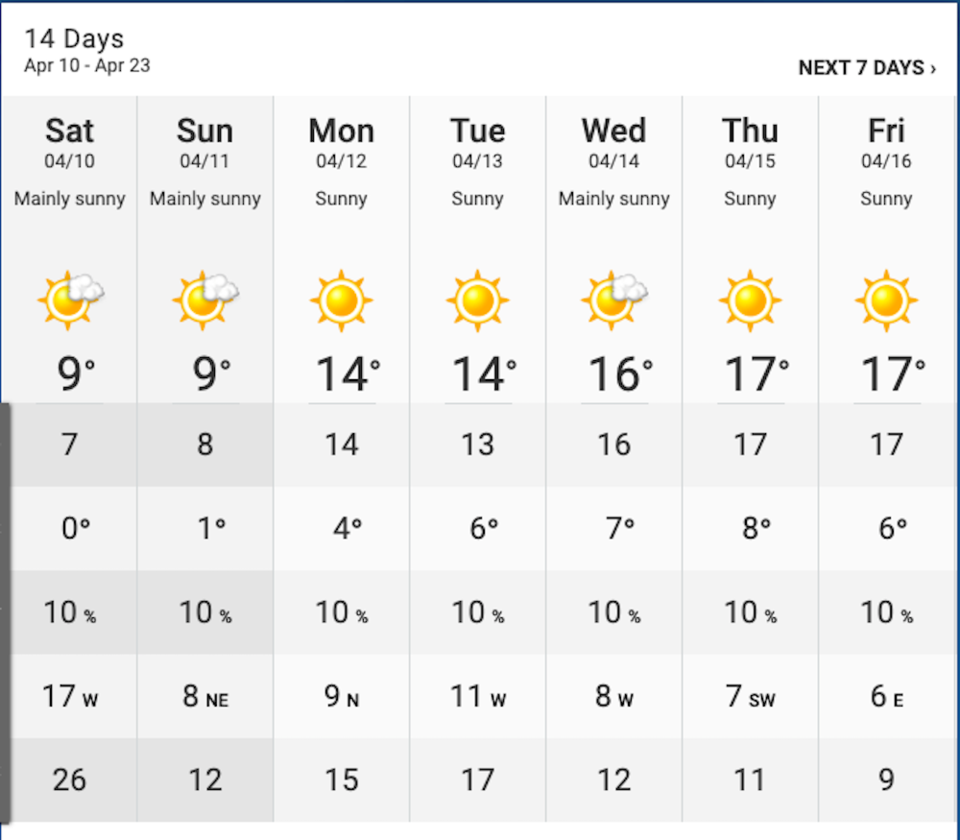



Vancouver Weather 2 Weeks Of Straight Sunshine Ahead North Shore News
Overtime is based on the regular rate of pay, which is the compensation you normally earn for the work you perform The regular rate of pay includes a number of different kinds of remuneration, such as hourly earnings, salary, piecework earnings, and commissions In no case may the regular rate of pay be less than the applicable minimum wageI'm posting by mobile app I have a friend of a friend who's working with the public to recruit people into donating to charities He's living in London and works from 2pm until 9pm with an hour long meeting just before hand He gets a 30 minute food breakYup try working 13 days in a row, like i had to last summer its not how many days you work, its how many hours you work in a week usually this is capped at 40, but most employment contracts have an optional thing you can sign if you're willing to occasionally work more than that (though who defines occasionally is anyones guess)




Finally Warmer Weather Snow Returns Sunday




Pin By Candace Watson On The Funnies Funny Quotes Me Quotes Quotes To Live By
The 12day limit arises if an employee is required to work the last six days of one week and the first six days of the following week That's 12 consecutive days, but still no more than six days in a calendar week Note that it is entirely permissible for a worker to voluntarily work a longer period without a day off, as long as the opportunity An employee must not work for more than five hours in a row without getting a 30minute eating period (meal break) free from work However, if the employer and employee agree, the eating period can be split into two eating periods within every five consecutive hours Together these must total at least 30 minutesAnd 2Double the employee's regular rate of pay for all hours worked in excess of 12 hours in any



2




New Storm Moves Into Bay Area This Weekend Bringing 4 Straight Days Of Rain Up To 6 Feet Of Snow To Lake Tahoe Abc7 San Francisco
I worked 6 days a week 1012 hours a day then suddenly we were forced to work 13 days straight without a day off, when I became an unassigned regular I showed more backbone than I ever had as a CCA, I refused to work days off, and my supervisor tried to just cause me a few times, I One of my co workers and I have been forced to work 13 days straight and only one day off because of another coworker not being able to make it back from the recent flood Is this actually legal? In general, an employer in New York may require its whitecollar employees to work seven days in a week By contrast, in some bluecollar industries and occupations in New York State, a worker is entitled to enjoy 24 consecutive hours of rest in each calendar week Without limitation, among the employees whom a nongovernmental employer in New




Fuel Prices Remain Constant After Cut For 13 Days Straight Economy News Zee News




I Partied For 13 Straight Days My Blood Test Showed I Was Healthier Than Ever By Eric Sangerma Mind Cafe Medium
There are a couple of things to consider here, and really they are only dependent on your commitment to your workplace and your moral compass You most certainly can call in You can fake being sick, you can be honest and tell them that you are exWorking Time How many consecutive days can workers lawfully work without a weekly rest break?"FAQ – I worked 9 days in a row, don't I get double time after working 7 days in a row?




Inside Amazon Wrestling Big Ideas In A Bruising Workplace The New York Times



Uaw2322 Org Wp Content Uploads 18 09 Nashua Professional Web Pdf
Employees who work 7 straight days must be paid according to California's principal overtime laws, which provide premium pay based not only on daily and weekly hours, but also on seventhday work For the seventh day of work, employees must be paid the first eight hours worked at the rate of one and onehalf times the regular rate of pay Contact website Phone Contact Website Answered on Jun 04th, 18 at 611 AM An employer can required its employees to work 7 days a week all of the time or for a short period of time when necessary However, after 40 hours in a single week, the employer must pay overtime (time and a half) to nonexempt employees (usually California overtime Rules for Working 7 Consecutive Days Read the Wage and Hour Law legal blogs that have been posted by Norman B Blumenthal on Lawyerscom
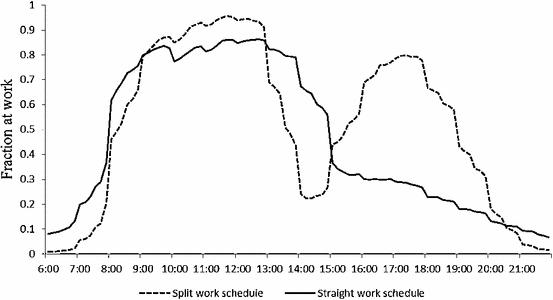



Split Or Straight Evidence Of The Effects Of Work Schedules On Workers Well Being Time Use And Productivity Springerlink



Lloyds Hit By Distributed Denial Of Service Cyber Attack In January 17
We provide Governmentwide leadership on Federal work scheduling policies and programs We develop and maintain Governmentwide regulations and policies on the administration of work schedules, including the basic 40hour workweek, holidays, and flexible and compressed work schedulesHowever, each Federal agency is responsible for administering work scheduling 1One and onehalf times the employee's regular rate of pay for all hours worked in excess of eight hours up to and including 12 hours in any workday, and for the first eight hours worked on the seventh consecutive day of work in a workweek;Eight hours in a day and 40 hours in a week except in the case of averaging (see question 8 ), special regulations (see question 1 ), or modified work schedules (see question 13 ) Hours worked in excess of standard hours must be paid for at the overtime rate In the Code and Regulations, standard hours are also referred to as "working hours"




Rare Second Straight Day Of March Snowfall Blankets St George And Southern Utah Cedar City News




Vickie Chapman Mp Breaking Some Might Say 13 Is An Unlucky Number But Not Today Sa Has Just Recorded 13 Days Straight Without A New Covid 19 Case Facebook
Employees working split shifts If an employee is required to work a split shift and there's more than a 1hour break between the 2 segments of the shift, the employee must be paid the minimum compensation required for each segment of their shift See Youth employment for more informationOne Day Rest In Seven Act (ODRISA) Provides for employees a minimum of twenty four hours of rest in each calendar week and a meal period of minutes for every 75 hour shift beginning no later than 5 hours after the start of the shift The law allows employers to secure permits from the Department to work employees the 7th day provided that



New Nevada Reports 960 Covid 19 Cases After 5 Straight Days Of 1 000 Klas




Malaysia Records 10 710 New Cases Today Breaches 10 000 Daily Case Mark For Six Days Straight



Serb Ohio Gov Static Pdf Contracts 18 18 Med 10 1130 Pdf




Tamarack Fire Spreads Five Miles After Being Monitored For 13 Days Wildfire Today




Bpu4 D9rxamtkm




North Carolina S Covid 19 Hospitalizations Down For 13th Day Wfmynews2 Com




Lena Dunham Has Had Her Period For 13 Straight Days Teen Vogue




Golden Brown Seeking Second Straight Stakes Victory In Saturday S Irish War Cry Handicap Monmouth Park



No New Cases Reported On Tuesday Vn Goes 13 Straight Days Without Community Infection Society Vietnam News Politics Business Economy Society Life Sports Vietnam News




Nm80hxcsbacrym




Union Days 18 The Ilr School



A Cloud Remains Over Summer Festivals Rochester Beaconrochester Beacon




Watch Now Eight Straight Days Of Wet Weather Possible Your April 13 Forecast Local News Pressofatlanticcity Com




After 13 Straight Days Of Devastating Tornadoes 39 Million Are Still Under Severe Weather Threat Fox61 Com



Www Ipswichma Gov Documentcenter View 8402 Current Communication Officers Union Contract
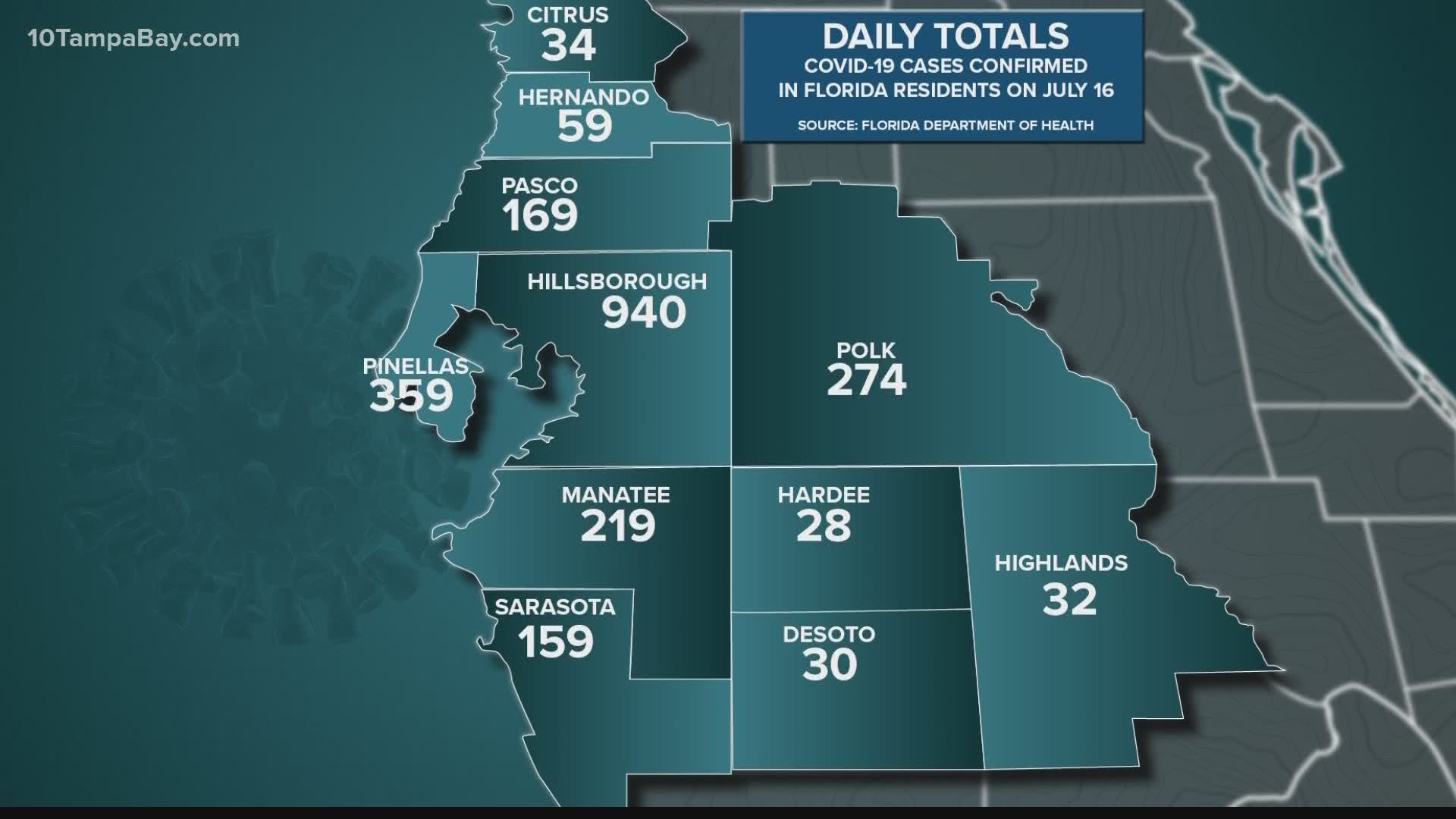



13 Wthr Indianapolis Indianapolis Local News Weather Wthr Com




New Nevada Reports 960 Covid 19 Cases After 5 Straight Days Of 1 000 Klas




Phone Interview Questions 13 Non Cliche Questions From Top Hr Straight Shooters Breezy Hr
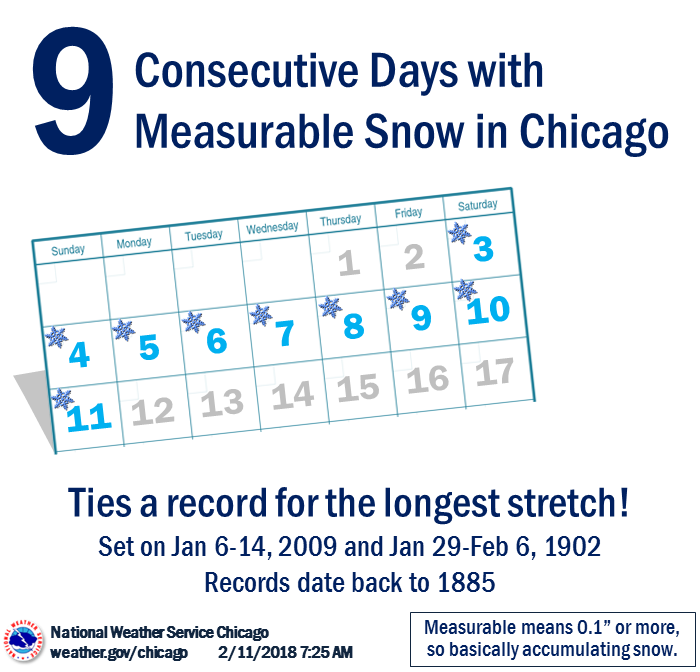



February 3 11 18 Nine Straight Days With Measurable Snow Highlighted By A Winter Storm



2




Lynchburg Area To Freeze For Three Days Straight Local News Newsadvance Com




13 Straight Days Of Tornadoes For Parts Of The U S Youtube
/cloudfront-us-east-1.images.arcpublishing.com/gray/VVRYXRW2ZZDJPM2ACF2EKNVJDY.jpg)



Straight Creek Fire Burning Near Dillon Reservoir 100 Percent Contained




China Records 2 Straight Days Of Fewer Than 1 000 New Covid 19 Cases



2




Inside Amazon Wrestling Big Ideas In A Bruising Workplace The New York Times




Capsaicin Arthritis Pain Relief Medication 0 25 Topical Painbloc24




Bengal Covid 19 Kills 13 People In Last 24 Hrs More Than 1 000 Cases Added In Record 2 Days Cities News The Indian Express



Www Ci Milford Ct Us Human Resources Files Public Works Contract



Burning Cargo Ship Near Sri Lanka Is Sinking Oil Spill Possible




Eight Straight Days Of Rain In Rochester Wham



2




Nantucket Back To Three Straight Days With No New Confirmed Coronavirus Cases




Audi Ready For Challenges In Bahrain Audi Mediacenter




Kuching Leads Covid 19 Daily Count Yet Again With 3 Digit Figure For 6 Days Straight Dayakdaily



Warm Days Straight Ahead Kaaltv Com




Drinking A Gallon Of Water A Day Gallon Of Water For 30 Days




Samsung Teams Up With Calm To Provide Better Mindfulness And Wellness Experiences Samsung Global Newsroom




Several Days In A Row Reaching 90 Or Hotter Nbc4 Wcmh Tv



Www Lyndenwa Org Wp Content Uploads 18 09 Pw Cba 18 21 Signed Pdf




Appalachian Grown J Q Dickinson Salt Works Wboy Com




Murfreesboro Mom Turns Health Crisis Into Passion For Hiking




Hospitalizations Higher Than 15 For 13 Straight Days In Area Including Smith Gregg Counties




New York City Breaks Record 58 Straight Days With No Pedestrian Deaths Video Abc News




Kkcy1qi9cugadm




Best Buy Kicks Off Black Friday On Oct 13 14 Best Buy Corporate News And Information



2




Sc Covid Cases Below 2 000 For 3 Straight Days Wthr Com
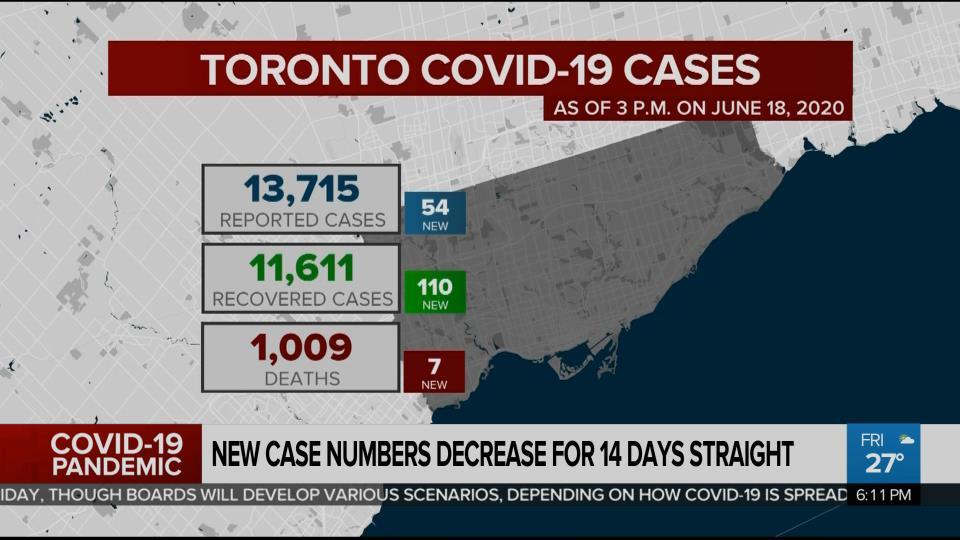



Toronto S New Covid 19 Cases On Decline For 14 Days Straight




Nantucket Up To 12 Straight Days With No New Confirmed Cases Of Coronavirus Inquirer And Mirror




Are You Energy Smart Take The Quiz Dell Technologies




Maryland Records Fewer Than 100 New Covid Cases For 13 Straight Days




Banks To Be Closed For 4 Days Straight From March 13 To 16 Saachi Baat



Www Ipswichma Gov Documentcenter View 8194 Current Group 4 Electric Contract



Http Www Cityofmilford Com Archive Aspx Adid 2661



Www Portseattle Org Sites Default Files 19 07 Trk Cba 18 22 0 Pdf




Ncis Los Angeles Renewed For Season 13 Ncis Hawaii Spinoff Picked Up To Series By Cbs Deadline




13 On Your Sidelines Two A Days Kent City Seeks 4th Straight Conference Crown Wzzm13 Com



Www Mfpe Org Wp Content Uploads 19 06 Dphhs Cfsd Master Cba 17 19 Pdf



Www Ci Milford Ct Us Human Resources Files Public Works Contract




4 Straight Days Of No Covid 19 Deaths In Monroe County 28 New Cases Reported Sunday Rochesterfirst



Www Macomb Edu Resources Human Resources Attachments Contract College Police Pdf




Galvin Library We Are Open For 24 Hours 13 Days Straight Finals Illinoistech




Businesses React To Closure Of Highway 99




For The Second Time This Week Connecticut Reported No New Coronavirus Deaths Friday As Hospitalizations And Positive Cases Dip Hartford Courant
/cdn.vox-cdn.com/uploads/chorus_image/image/66233163/usa_today_12924767.0.jpg)



Jonah Scolaro Fsu Baseball Tomahawk Nation



Des Moines Has Recorded Rain For 13 Straight Days When Will It Stop



Humanresources Uchicago Edu Fpg International brotherhood of electrical workers i B E W local 134 electricians Pdf
/cloudfront-us-east-1.images.arcpublishing.com/gray/SOYCJNWSPJHVHALJNA2IIK26VQ.png)



Exactly 13 Years Ago We Were In The Midst Of Arguably Montgomery S Worst Heat Wave




A Bonus For Nfl Fans In Week 16 4 Straight Days Of Games Krqe News 13



0 件のコメント:
コメントを投稿